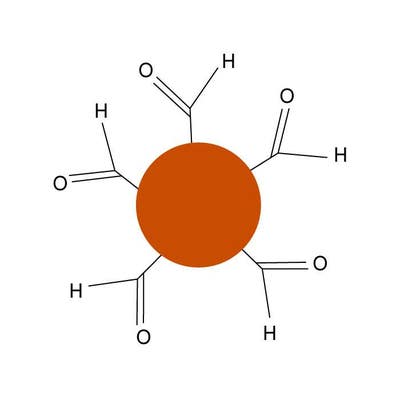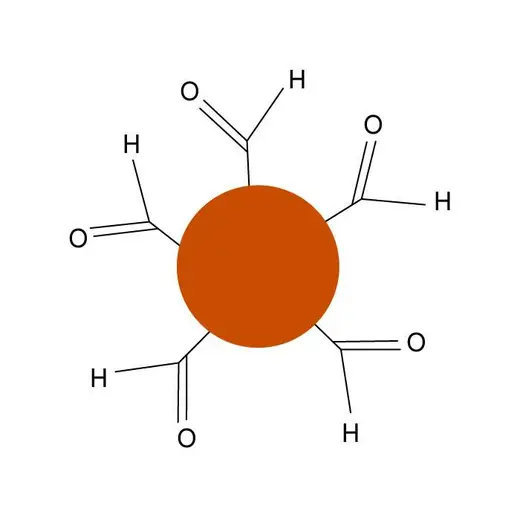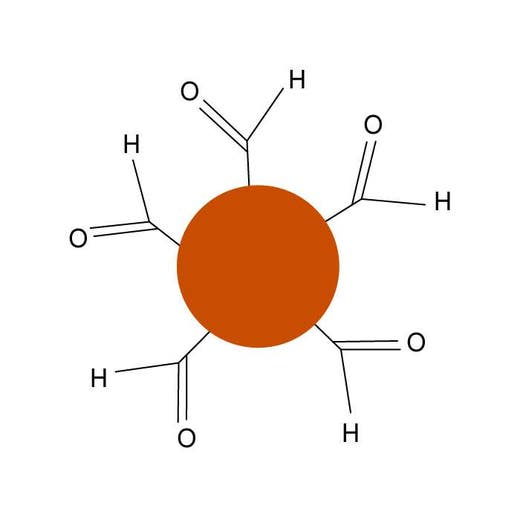
AlphaScreen Unconjugated Donor Beads, 1 mg

















Loading...
Product information
Overview
These beads can be used in conjunction with AlphaScreen, AlphaLISA, or AlphaPlex Acceptor beads to create no-wash assays for:
- Analyte detection assays
- Protein-protein interaction assays
- Protein-DNA interaction assays
- Protein-RNA interaction assays
- Protein-small molecule interaction assays
- Protein detection assays
- Antibody detection assays
- Antibody binding assays
- Enzymatic assays
- Immunogenicity studies
In a typical Alpha assay, 1 mg of Donor beads is sufficient to run 1,000-2,000 wells using a 25 µL reaction volume. Bead concentration can be adjusted for optimal performance.
Specifications
| Automation Compatible |
Yes
|
|---|---|
| Bead Type or Material |
Alpha Donor
|
| Brand |
AlphaLISA
|
| Conjugates |
Unconjugated
|
| Detection Modality |
Alpha
|
| Product Group |
Beads
|
| Shipping Conditions |
Shipped in Blue Ice
|
| Technology |
Alpha
|
| Unit Size |
1 mg
|
Video gallery
Resources
Are you looking for resources, click on the resource type to explore further.
Electrophoretic Mobility Shift Assay (EMSA) is a standard technique used to study protein-DNA interactions. It is a radioactive...
Alpha has been used to study a wide variety of interactions, including protein:protein, protein:peptide, protein:DNA, protein:RNA...
Here are a few advantages that the Alpha technology offers over other technologies in the study of protein:protein interactions:


How can we help you?
We are here to answer your questions.






























